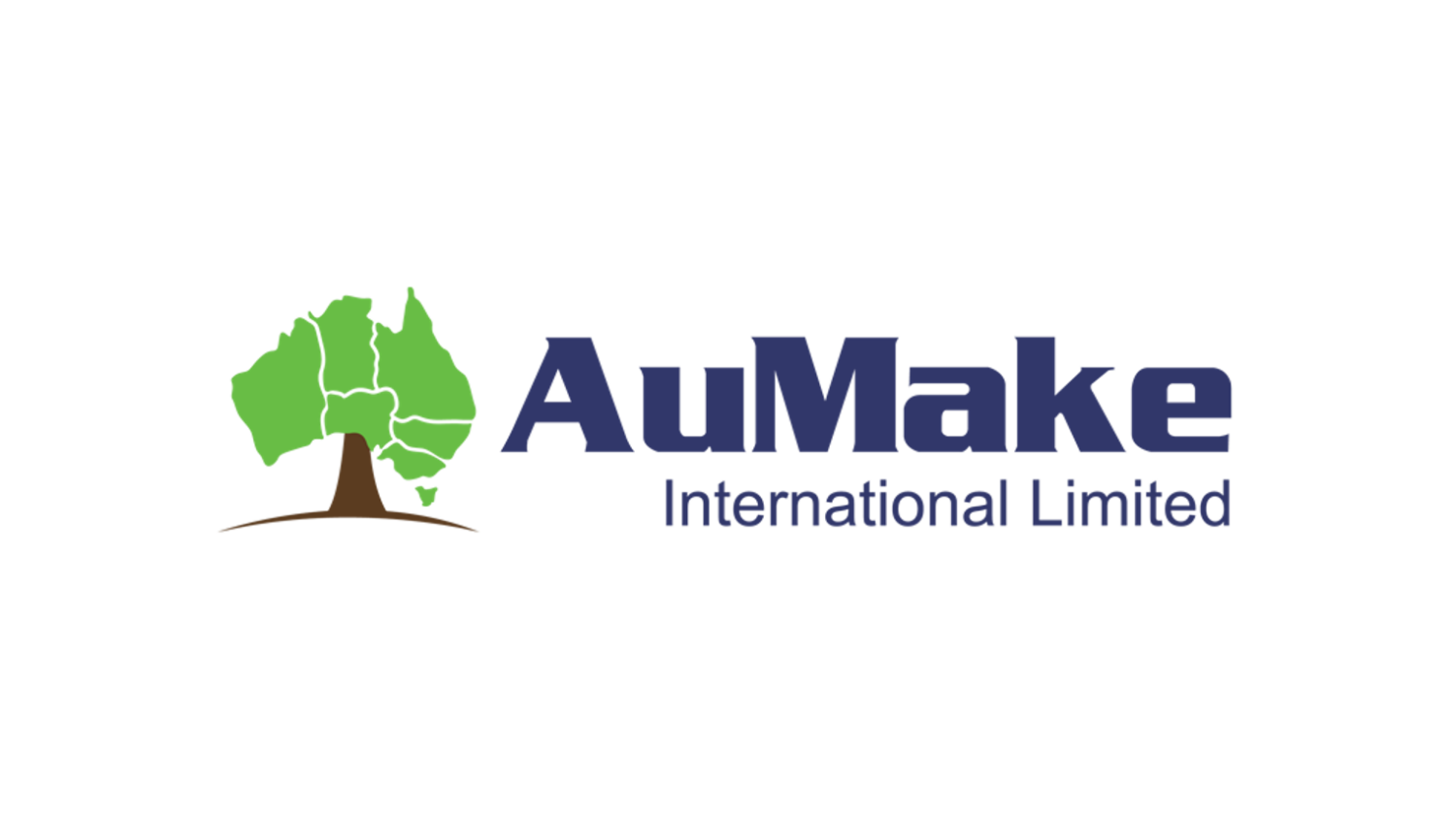Some were ordered by the court to make compensation. The compensation can go up to 10 times as much as the selling price of the product sold.
For instance, one daigou trader was ordered to compensate 10,240 yuan (about US$1500) to the buyer. The amount was 10 times the price of a supplement product that she had sold via Taobao.
According to the judgement, the daigou trader had sold eight boxes of vitamins made in Tokyo. The buyer filed a lawsuit against the daigou trader after he realised that there was no product labelling and instructions in the Chinese language.
In addition, the product was made in Tokyo - the Chinese authorities had banned imports from that area ever since the 2011 nuclear disaster.
The court judged that since the daigou trader is selling the product within China, she will need to bear responsibilities for selling products that do not follow China’s laws.
The daigou trader was subsequently penalised for violating article 92, 97 and 148 of China’s Food Safety law.
The rules
Unknown to some, the Chinese Food Safety Law requires imported pre-packaged food to contain Chinese labelling.
Article 97 of the Food Safety Law states that “pre-packaged food without Chinese labels or instructions, or with labels or instructions that do not comply with the law are not allowed to be imported into China.”
Article 148 of the law further stipulates that consumers can seek a compensation 10 times as much as the product selling price from the manufacturer or trader if the products bought do not meet food safety standards.
This means that daigou traders who sell pre-packaged food that 1) do not contain Chinese labelling or 2) do not meet food safety requirement will be legally liable.
However, there are exceptions to the rule.
Exceptions
Daigou traders who sell food and supplements via 1) direct mail and 2) bonded warehouse sales in China’s cross border e-commerce pilot zones do not need to ensure that the products contain Chinese labelling.
This is according to Chris Wang, ChemLinked operations manager at Reach24h Consulting Group. Her firm specialises in helping firms navigate global regulatory rules.
In these two models, the goods are mailed directly to the consumers from the overseas sellers.
No actual selling takes place within China and the daigou traders are only responsible for placing product orders on behalf of the buyer.
As such, the goods sold via the two models do not need to meet the Chinese regulations, including the need for Chinese labelling, since this was considered as a personal trade under China’s current e-commerce law, she told NutraIngredients-Asia.
However, daigou traders would need to ensure that the food and supplements contain Chinese labelling if they are selling “goods in stock.”
“Goods in stock” means that the daigou trader has bought the products from overseas and are re-selling it within China.
Since they are re-selling the products within China, they would need to ensure that the products abide by Chinese laws, including the Food Safety Law.
“In summary, Chinese labelling is not required for products purchased through daigou service. But if daigou involves any downstream retail (re-selling of products) in China, then these conditions change drastically,” Wang said.
“All in all, the Chinese authorities are tightening control on all food trade channels. Compliance is important for manufacturers and distributors.”
Motives
However, not all daigou traders are familiar with the rules mentioned above, and will often find themselves embroiled in lawsuits.
In fact, lawsuits against daigou traders are on the rise according to Wang.
Apparently, some buyers have repeatedly bought unapproved food and supplements on purpose, hoping to make a fortune by seeking compensation from daigou traders.
NutraIngredients-Asia did a search on the website of Beijing Court and found a list of daigou disputes involving the same plaintiff but different defendants.
For instance, a particular buyer sued a total of six daigou traders in August last year and January this year.
“There are groups which specialise in hunting for non-compliant products, hoping to make a profit by seeking compensation from traders,” Wang said.
Even so, she said that the court will still accept these cases, with the hopes of “raising awareness on food safety, maintain market order and protect the interests of consumers.”





